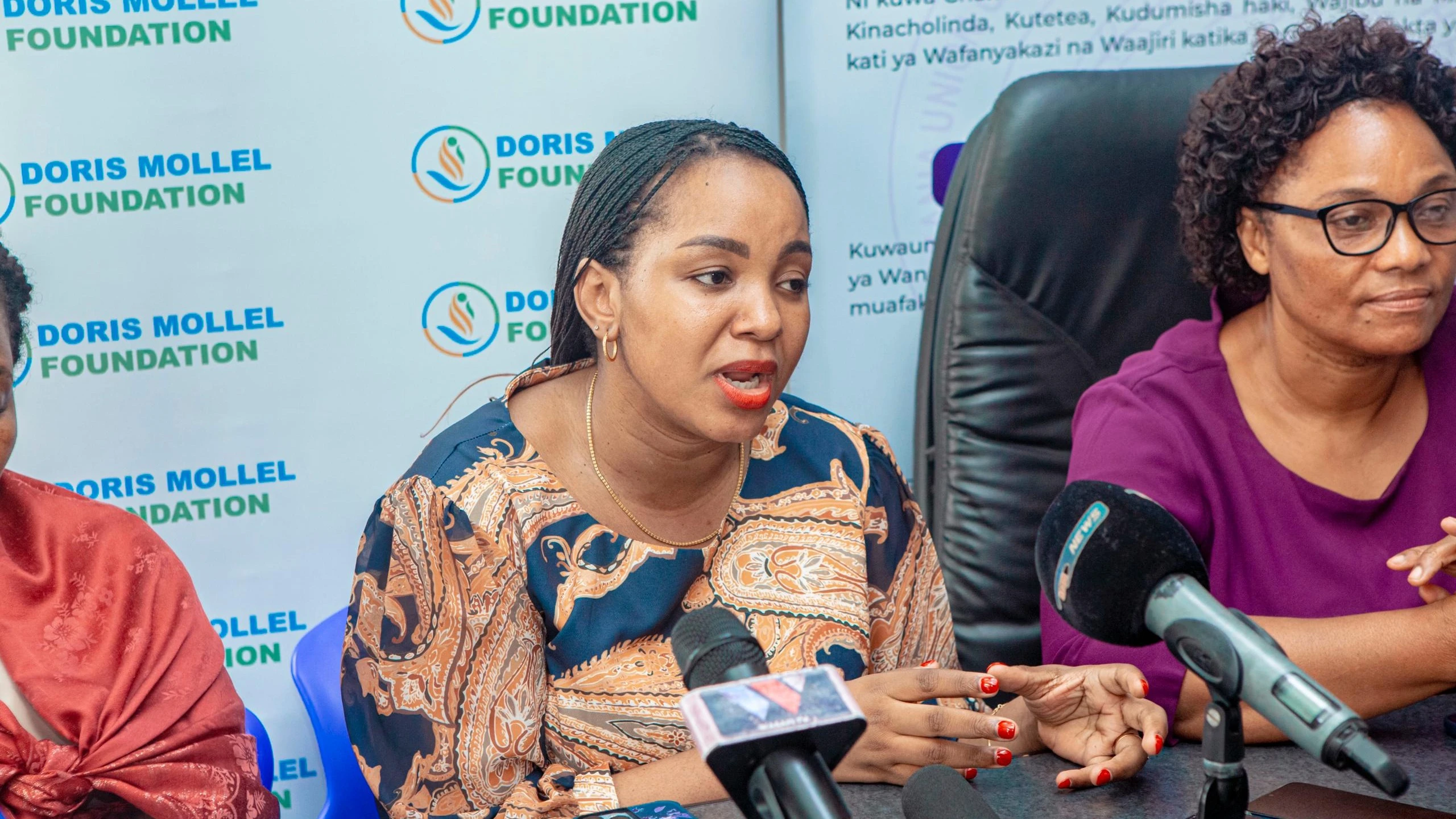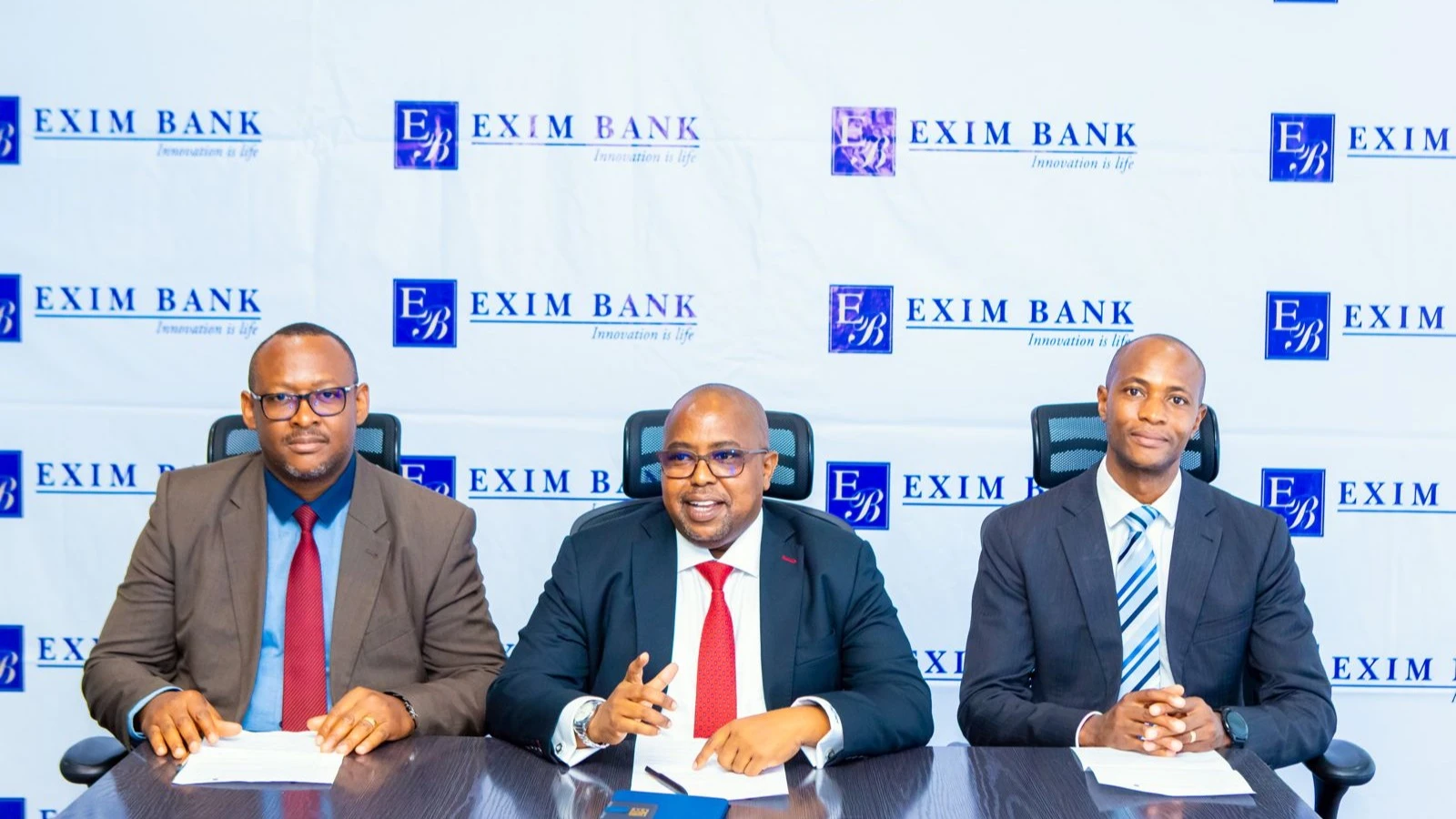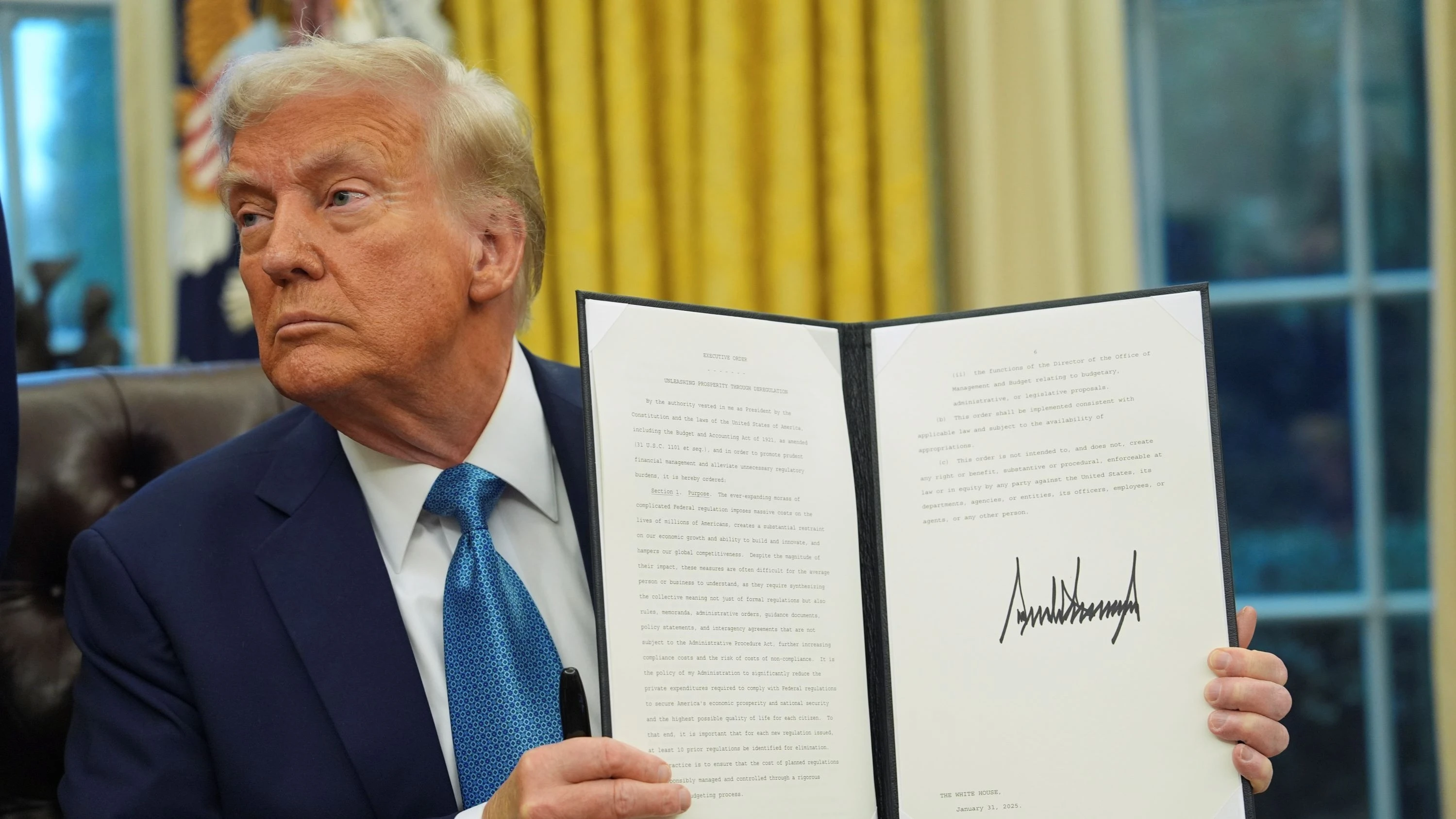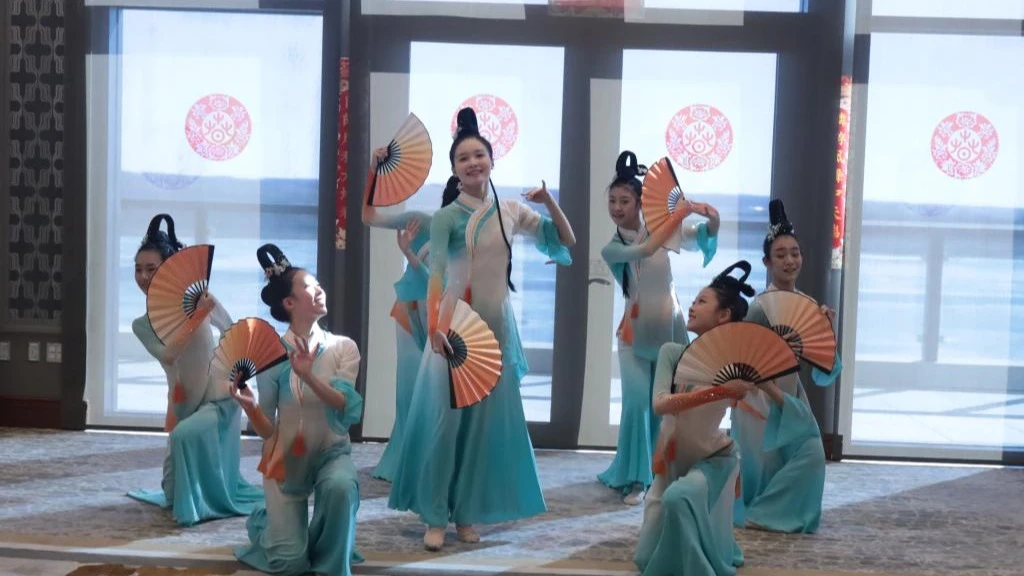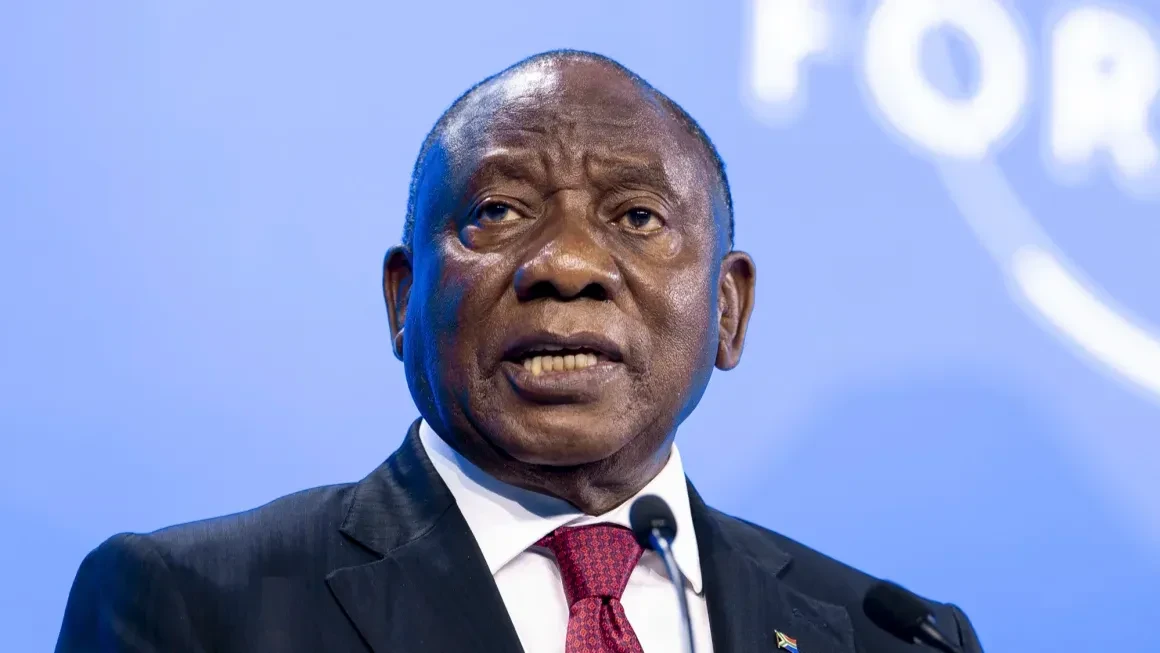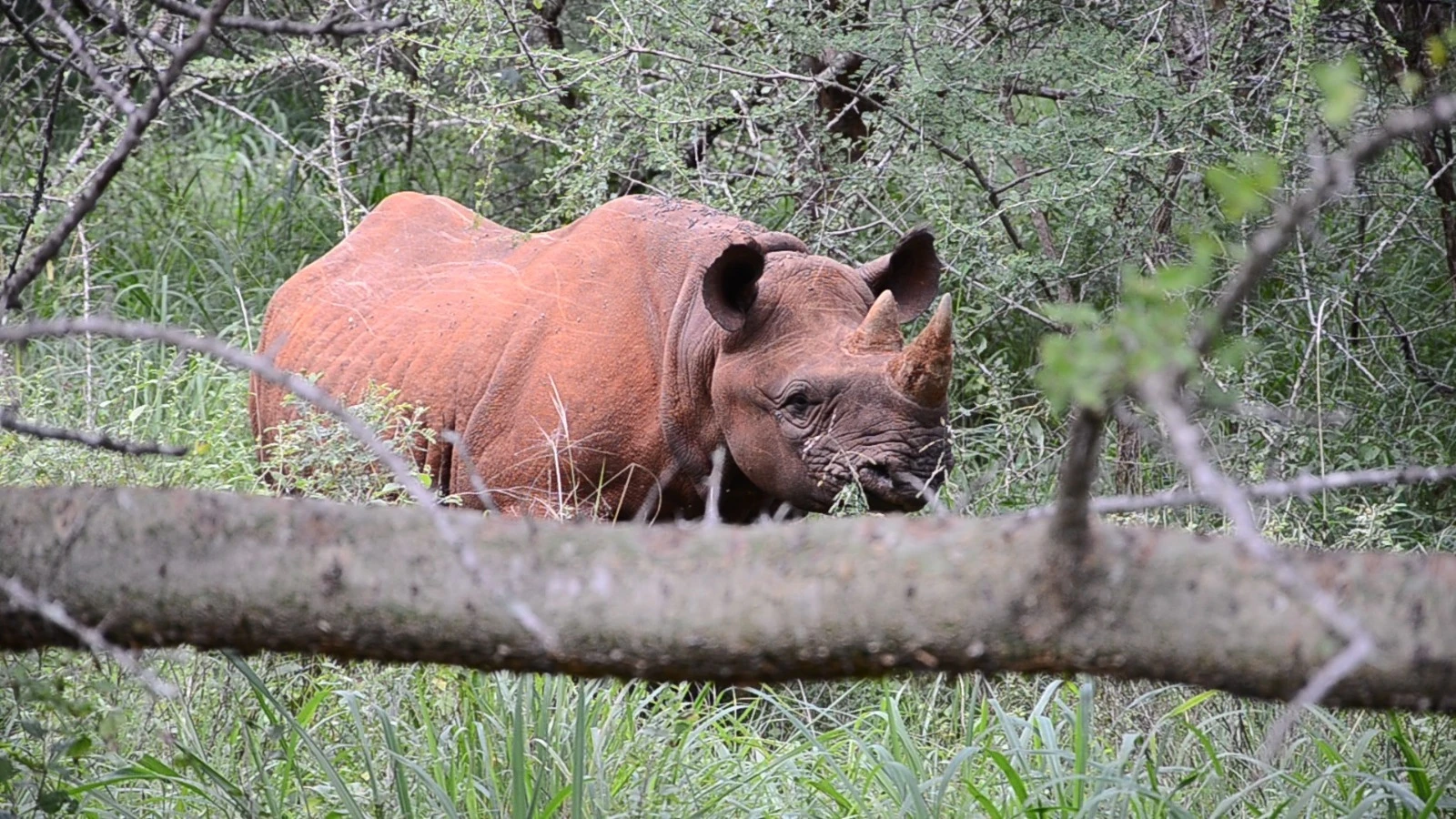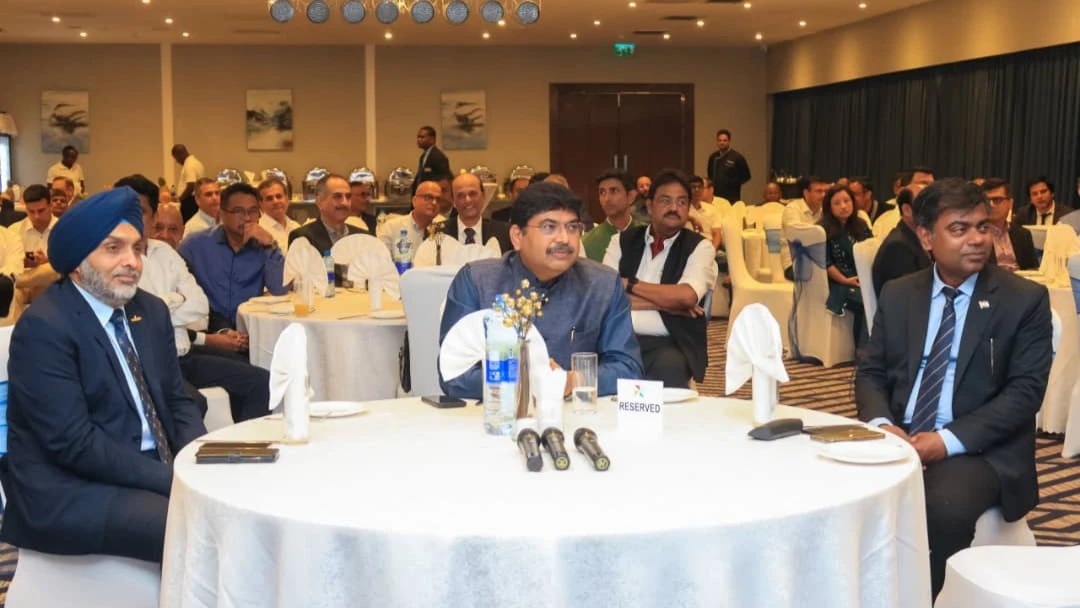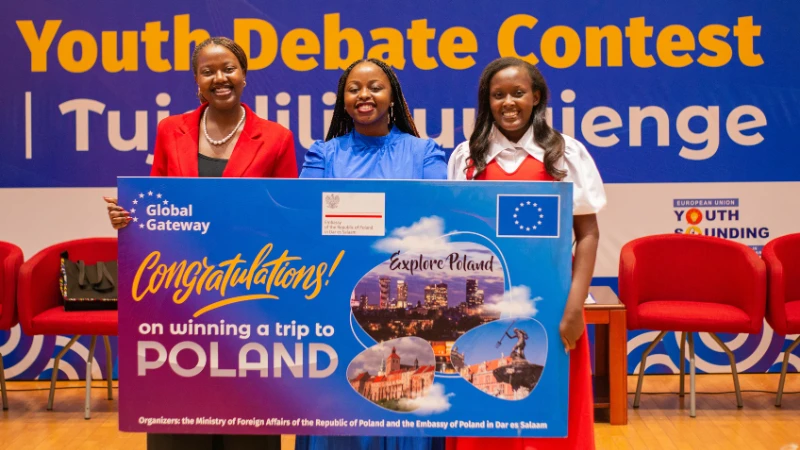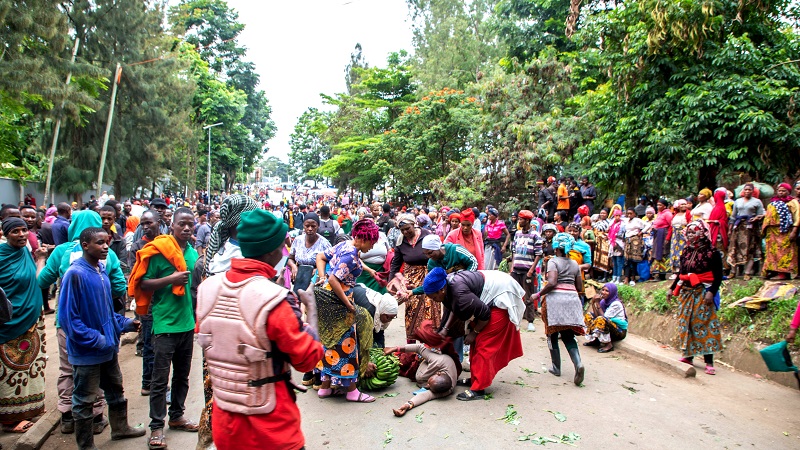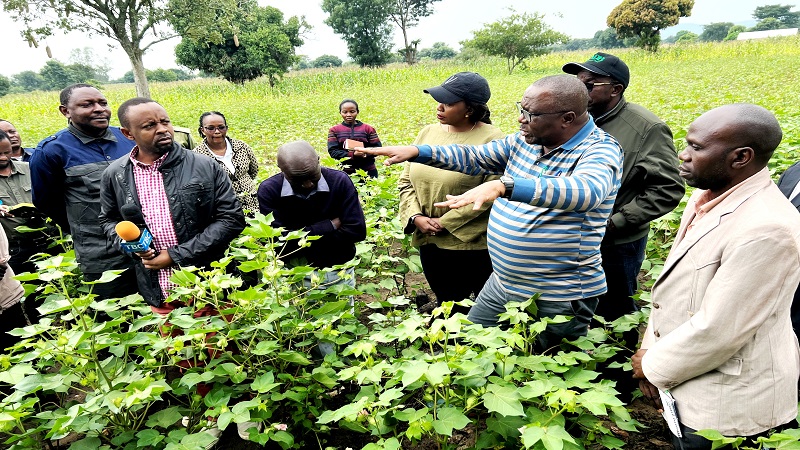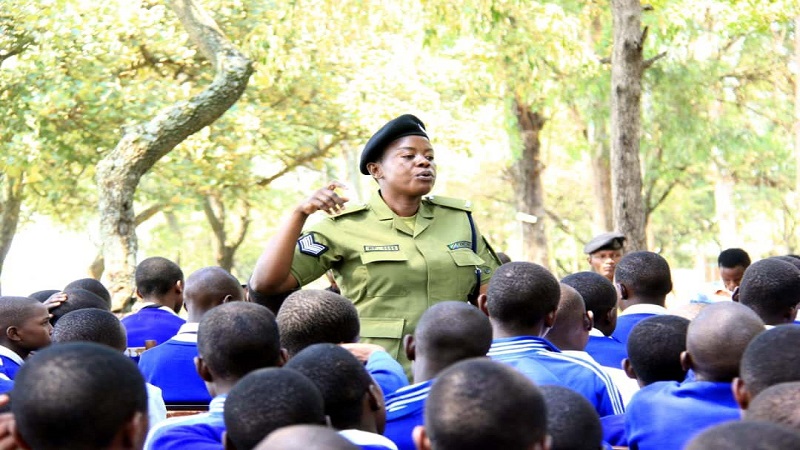Relief as mining transforms lives of people with disabilities in Geita
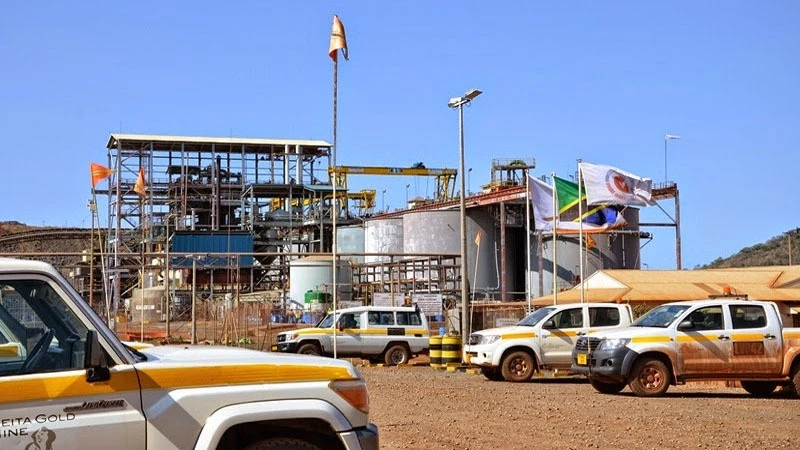
GEITA Gold Mine Limited (GGML)—a subsidiary of AngloGold Ashanti in partnership with the Catholic Diocese of Geita and the World Gold Council has embarked on a mission to uplift people with disabilities and orchestrate a pivotal shift in societal perceptions.
In its two-year of $99,200 project, entitled 'dispel deadly myths against children with disability', there is already an indelible mark in the community, resolutely challenging long-held stigmas and opening doors to unprecedented opportunities for disabled people.
For many years, children with disabilities in Geita have been caught in a web of discrimination and harmful myths, viewed through a distorted lens that sees them as cursed or even as commodities for wealth acquisition.
These beliefs, according to project coordinator Joseph Massawe, have been the bane of these children's existence, robbing them of their rights and dignity.
“Through this initiative, GGML and the Catholic Church seek to promote the rights and well-being of persons with disabilities at all levels of society and development, and to raise awareness of the situation of persons with disabilities in all aspects of political, social, economic and cultural life,” says Massawe.
GGML's initiative aims to dismantle these destructive narratives through a comprehensive education campaign, fostering a more inclusive society that recognizes and celebrates the abilities and potential of every individual, regardless of their physical or mental condition.
The impact of the project is particularly evident at the Moyo wa Huruma centre, where a safe haven for children with disabilities demonstrates the transformative power of care, education and support. Here, children who might otherwise have been marginalized are now thriving, their talents and skills enriching the wider community.
The success stories emanating from the centre are testimonies to the project's holistic approach, which goes beyond education to include psychological wellbeing, health care and improved access to services, and paints a brighter future for people with disabilities in Geita.
As the world continues to grapple with health inequalities, the initiative in Geita stands as a beacon of hope, underscoring how targeted interventions can bridge gaps and herald a more equitable and inclusive future. In a world that often overlooks the needs of people with disabilities, GGML's work is a wake-up call, inspiring others to follow suit and stand up for the rights and well-being of every individual.
This transformative alliance, led by GGML in collaboration with the Catholic Diocese of Geita and supported by the World Gold Council, is lighting the way to inclusivity and empowerment for a community that for far too long has lingered in the shadows of misunderstanding and prejudice.
The reality in Geita reflects a serious misinterpretation of disability, where children with different abilities are viewed through a lens of despair and as a curse. This distorted perception has led families to hide their children or, worse, to believe in the gruesome myth that the body parts of these vulnerable people can be used to gain wealth. It's a landscape where an individual's innate worth is overshadowed by ignorance and fear, perpetuating a cycle of exclusion and devaluation.
Through educational campaigns, GGML and its partners are dispelling the damaging myths that have long isolated disabled people and emphasising that disability does not mean inability. These campaigns are a powerful message to the community, urging them to look beyond disability and recognise the potential that lies within every individual.
One of the centre's greatest triumphs is the remarkable success story of educational integration. With 156 children under its wing, the Moyo wa Huruma Centre has successfully enrolled many in various levels of education - from primary and secondary schools to technical colleges and special education programmes.
More than just a place to learn, the Moyo wa Huruma Centre provides something equally important - a home. For children who might otherwise have ended up on the streets, the centre provides a safe haven. But it's about more than shelter; it's about giving these children a platform to build a better future. Through mentoring, access to education and vocational training, the centre gives them the skills and confidence to forge meaningful paths in life.
The World Health Organization (WHO) is calling on partners around the world to take action to achieve the Sustainable Development Goals (SDGs) for, with and by people with disabilities. More than 1.3 billion people have a significant disability today, representing 16% of the world's population. Many persons with disabilities die earlier, are at increased risk of developing a range of health conditions, and experience more limitations in daily functioning than the rest of the population.
The work being done in Geita, led by GGML and its partners, is a shining example of how they are taking action showing compassion, collaboration and commitment can transform lives. For people with disabilities in the region, these initiatives are not just changing perceptions - they are opening doors to a world of opportunity where their abilities are recognised and celebrated.
Here's how this initiative is creating ripples of positive change: - Education and awareness: Through a concerted effort to educate the community, the project is essentially rewriting the narrative surrounding disability. It's confronting the harmful myths and superstitions head-on, changing societal perceptions and fostering an environment where disabled children can thrive as equal members of society.
Empowerment through education: Education has been a key pillar of the project, as evidenced by statistics from the Moyo wa Huruma centre. With a significant number of children now enrolled in various levels of education, from primary to special needs, the project underlines the transformative power of access to education. It's a clear message that, with the right support, people with disabilities have much to contribute to the community.
Access to health care: Recognising the essential role of health in empowerment, the project ensures that children with disabilities receive the necessary health assessments and support. By facilitating access to specialist medical assessments and providing essential aids such as walkers for mobility or canes for the visually impaired, the initiative addresses critical gaps in health care. This not only improves the quality of life for these children, but also integrates them more fully into the social fabric.
Inclusion in vocational education: Beyond basic education, the initiative aims to equip these young people with practical skills to earn a living. The emphasis on vocational training paves the way for them to lead independent and productive lives, challenging the stigma that disability equals inability.
Community impact: This project extends its benefits far beyond the immediate recipients, helping to break the cycle of poverty and prevent the marginalisation that drives children onto the streets. By providing a lifeline to these children, GGML and its partners are fostering a stronger, more resilient community.
Top Headlines
© 2025 IPPMEDIA.COM. ALL RIGHTS RESERVED











